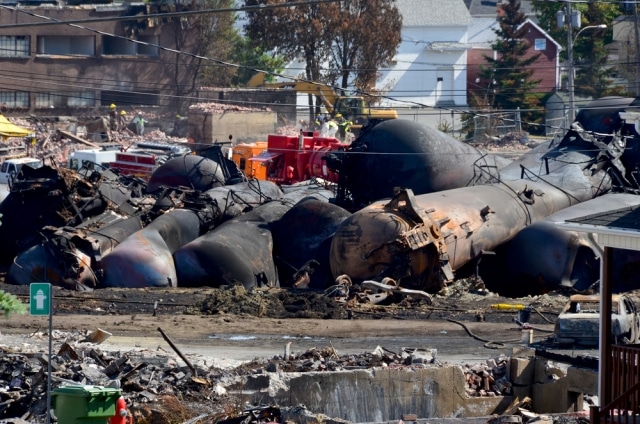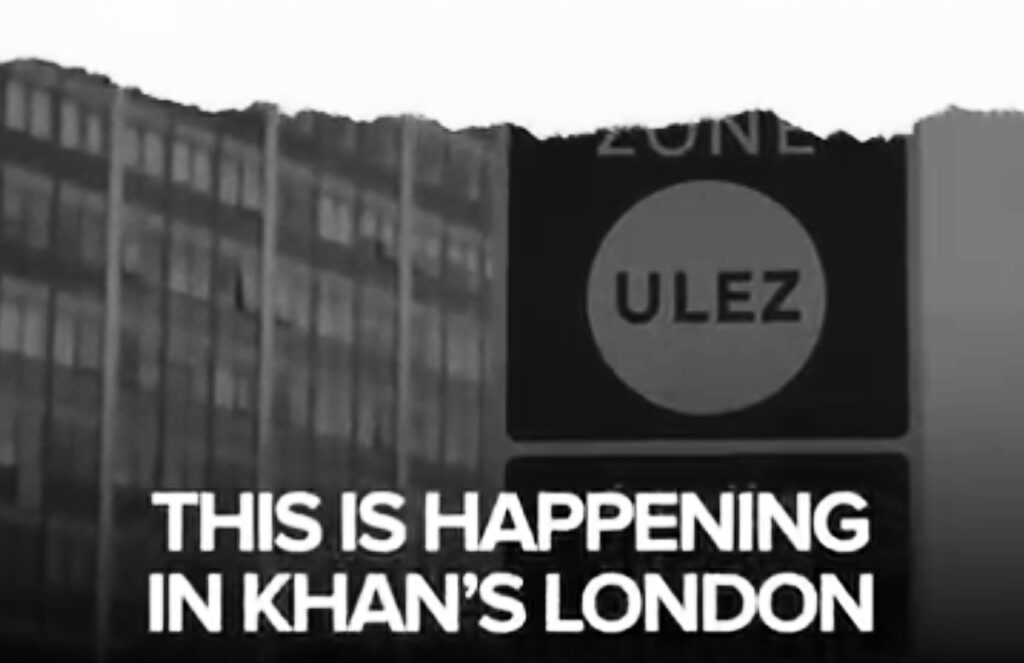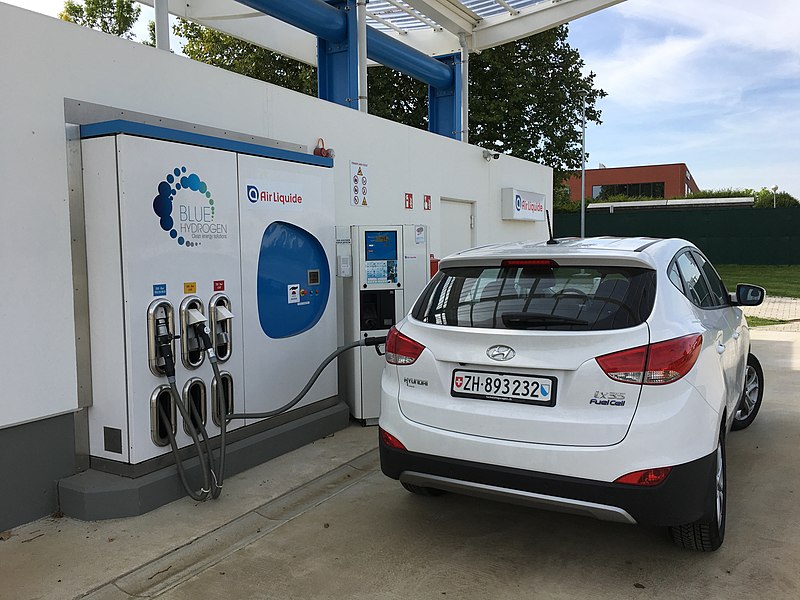On Wednesday February 26th, the long-awaited congressional hearing on oil-by-rail safety finally occurred. The main portion of the hearing featured representatives from the relevant government agencies as well as industry, such as the American Petroleum Institute’s President and CEO, Jack Gerard.
For those following crude-by-rail safety, there are several pressing issues, but the one question everyone wants to know the answer to is when will the government stop allowing the inferior and unsafe DOT-111 tank cars to be used to ship crude oil?
At the hearing, Robert Sumwalt of the National Transportation Safety Board (NTSB) testified that “multiple recent serious and fatal accidents reflect substantial shortcomings in tank car design that create an unacceptable public risk.”
Not much of substance was covered in the hours-long hearing but there was one exchange between Congressman Peter DeFazio of Oregon and Cynthia Quarterman, the Administrator of the Pipeline and Hazardous Materials Safety Administration (PHMSA), that shed light on where this all stands.
Congressman DeFazio asked the question about the DOT-111s several times — and Administrator Quarterman refused to answer several times. The video below highlights the heated exchange which ends with Congressman Defazio cutting off Adminstrator Quarterman mid-sentence as it is clear she is not going to answer, thus highlighting the extent of the problem.
The one official who can actually make something happen when it comes to improving rail car safety refuses to answer questions on when that might get done, despite the fact that the flaws in the existing DOT-111 tank cars have been known for over a decade and members of congress have been requesting this hearing for over six months.
Image credit: Lac-Megantic deadly oil-by-rail disaster, via Shutterstock.
Subscribe to our newsletter
Stay up to date with DeSmog news and alerts






